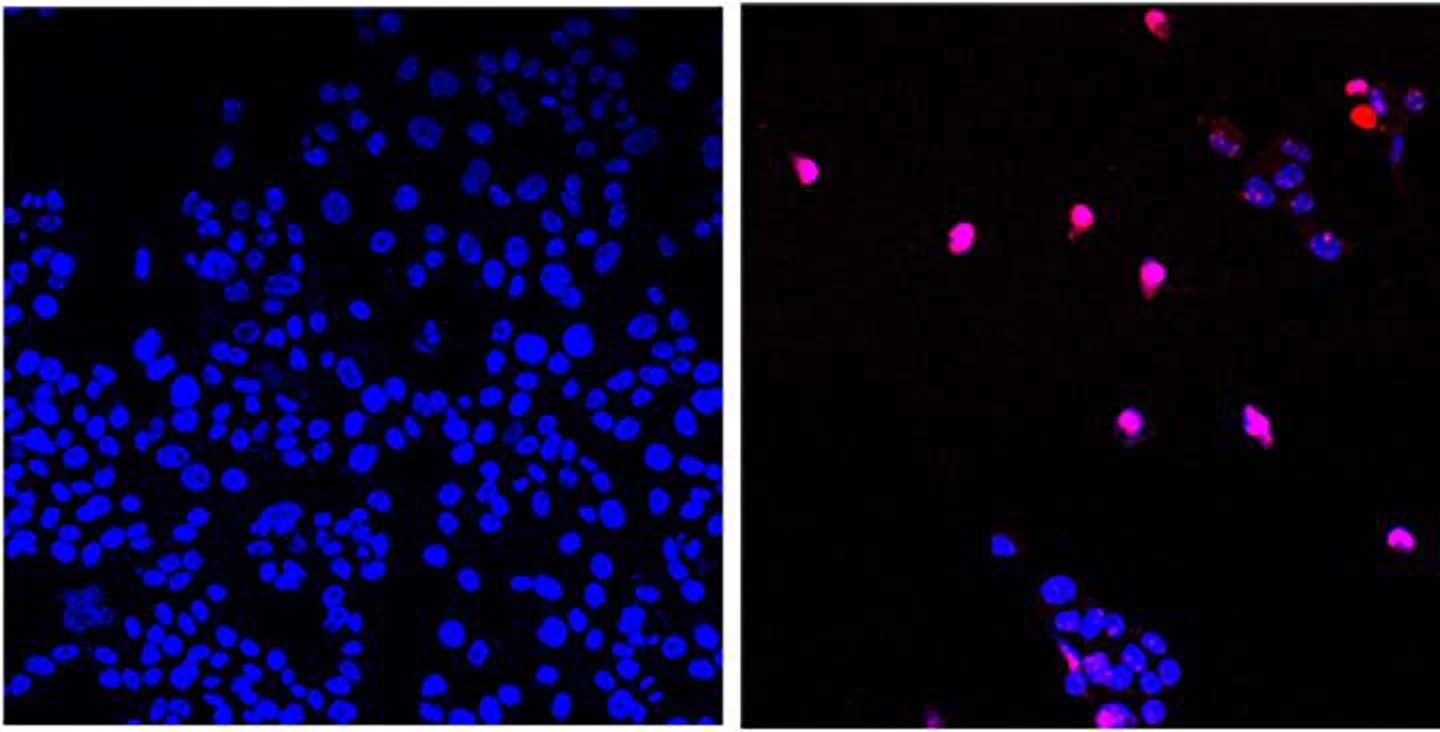Researchers have developed a drug that targets a protein essential for the growth and survival of cancer cells. The pill was found to be effective in preclinical studies and is now the subject of human clinical trials.
The protein proliferating cell nuclear antigen (PCNA) is found in all nucleus-containing cells and is essential for DNA replication, the process by which DNA copies itself during cell division and DNA repair. It’s also essential for the growth and survival of cancer cells.
Now, researchers at the City of Hope Hospital in the US have developed a pill, AOH1996, that inhibits a cancer-associated form of PCNA and has produced promising results in preclinical studies.
“PCNA is like a major airline terminal hub containing multiple plane gates,” said Linda Malkas, one of the study’s co-authors. “Data suggests that PCNA is uniquely altered in cancer cells, and this fact allowed us to design a drug that targeted only the form of PCNA in cancer cells. Our cancer-killing pill is like a snowstorm that closes a key airline hub, shutting down all flights in and out only in planes carrying cancer cells.”
In preclinical research, AOH1996 was shown to be effective in treating cells derived from breast, prostate, brain, ovarian, cervical, skin and lung cancers. Moreover, it was non-toxic to healthy cells. The researchers tested the drug in more than 70 cancer cell lines and several control cells and found that AOH1996 selectively kills cancer cells by disrupting the normal reproductive cycle of the cell.
Specifically, AOH1996 targets what are called "transcription replication conflicts," which occur when cellular transcription and replication machinery responsible for gene expression and genome duplication collide with each other. These conflicts produce genome instability, a hallmark of cancer cells. AOH1996 prevents cells with faulty DNA from dividing, causing the death of cancer cells but allowing healthy cells to continue to divide.

“No one has ever targeted PCNA as a therapeutic because it was viewed as ‘undruggable’, but clearly City of Hope was able to develop an investigational medicine for a challenging protein,” said Long Gu, lead author of the study. “We discovered that PCNA is one of the potential causes of increased nucleic acid replication errors in cancer cells. Now that we know the problem area and can inhibit it, we will dig deeper to understand the process to develop more personalized, targeted cancer medicines.”
The researchers also found that AOH1996 made cancer cells more susceptible to cancer treatments that cause DNA or chromosomal damage, suggesting that it could be a useful tool in combination therapies.
While previous research has investigated therapeutics that target PCNA as a way of treating cancer, it appears that they didn't progress past lab experiments. City of Hope is currently undertaking phase 1 clinical trials to assess the pill’s safety in treating recurring solid cancer tumors.
The study was published in the journal Cell Chemical Biology.
Source: City of Hope Hospital






